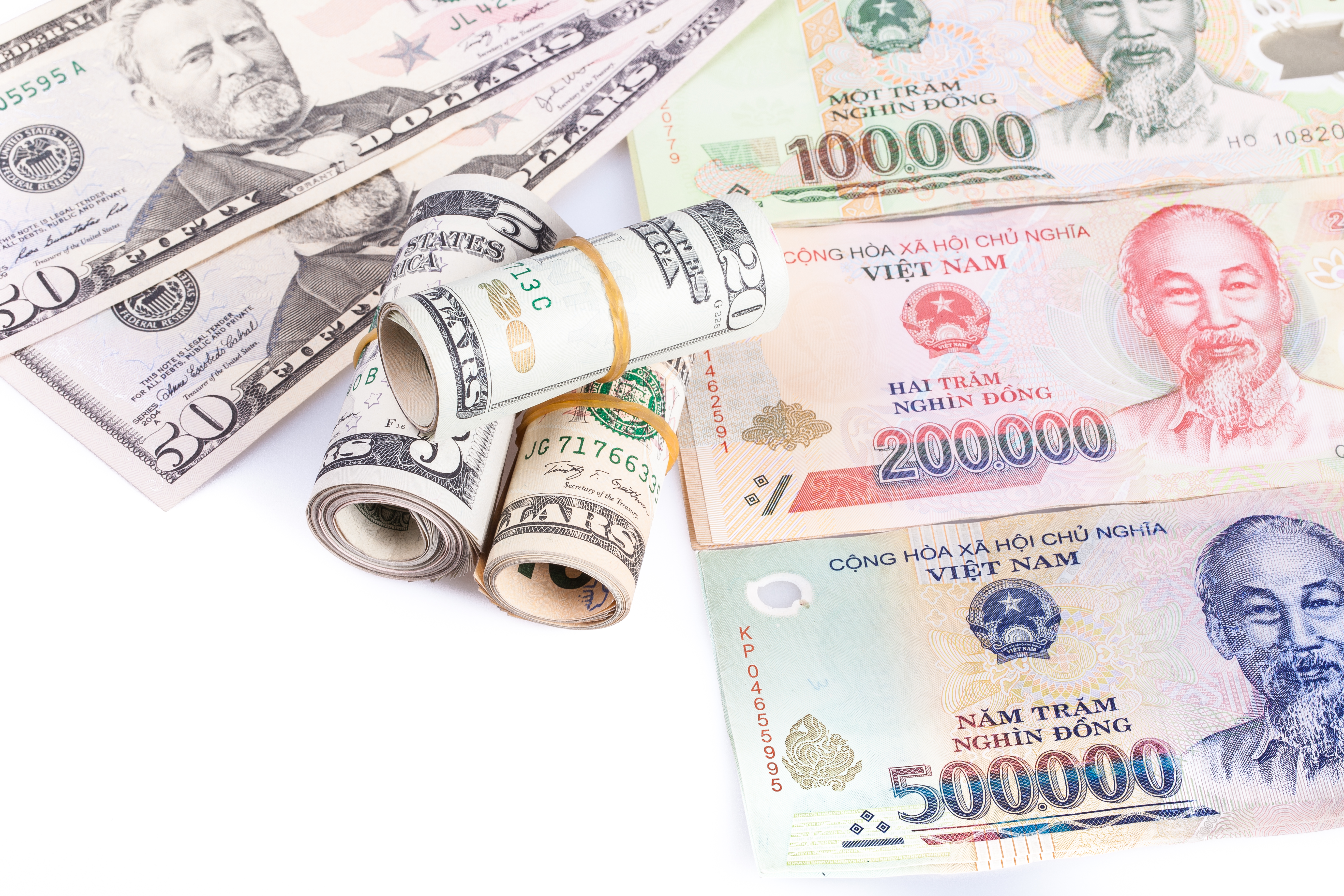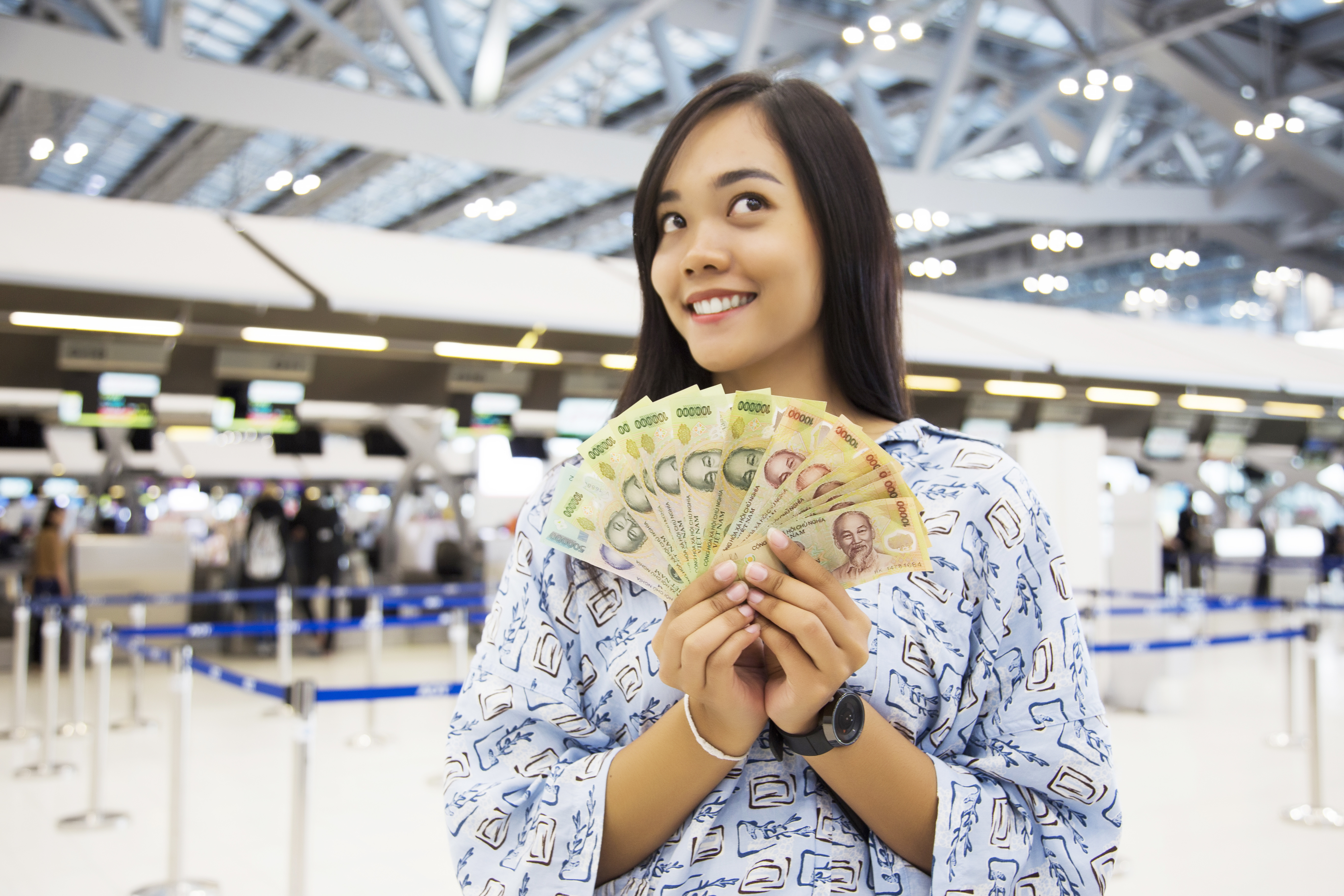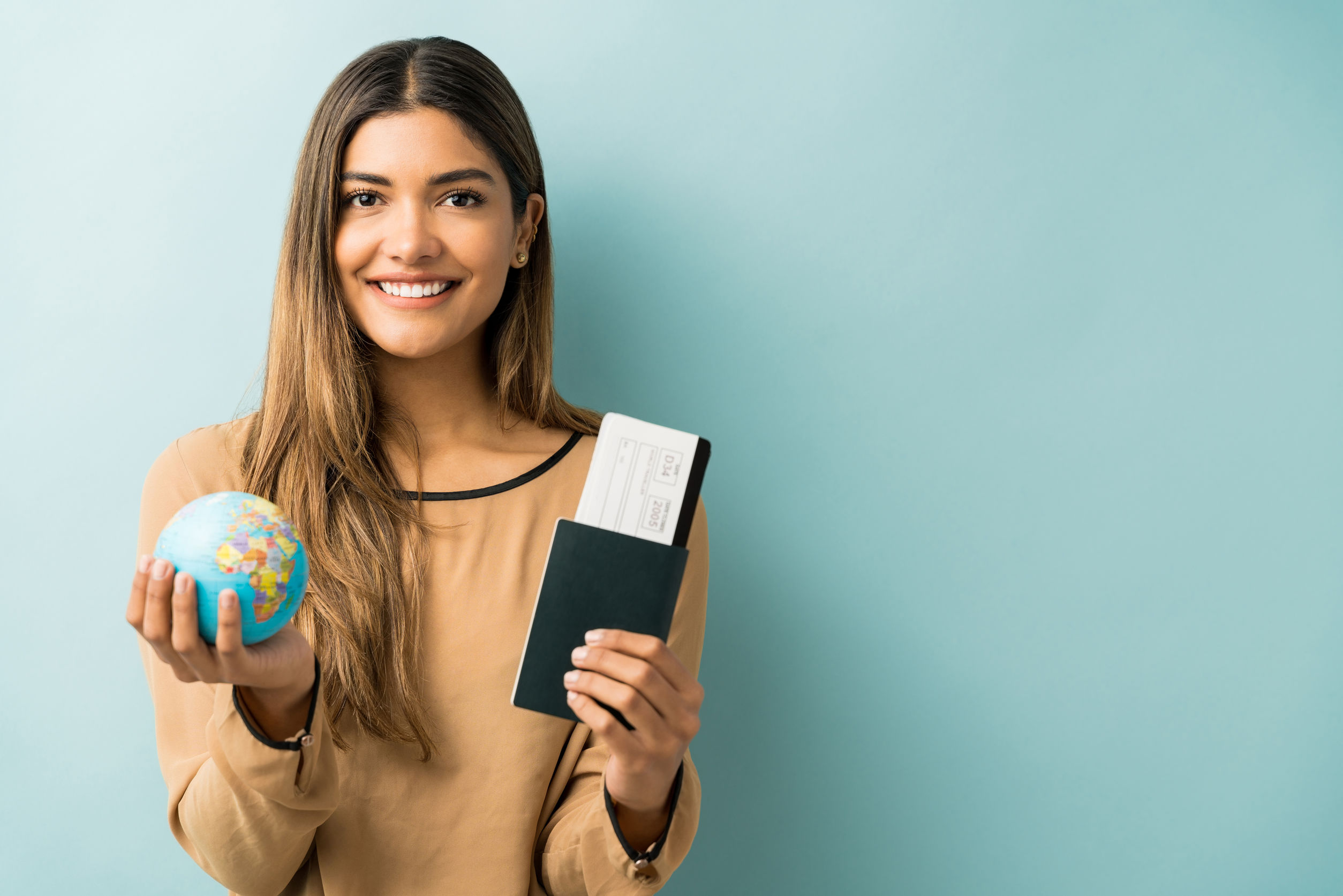THE STATE BANK OF VIETNAM Circular No. 15/2011/TT-NHNN of August 12, 2011, providing the carrying of foreign-currency and Vietnam-dong cash by persons on entry or exit Pursuant to June 16, 2010 Law No.

When traveling to other countries such as Vietnam, one of the things that you need to know ahead is the amount of cash that you’re allowed to bring. Even though there are ATM machines all over Vietnam and credit cards are accepted in various establishments around the country, most experts would suggest carrying some cash in case of an emergency. But how much cash are you supposed to bring for your trip to Vietnam?
While there’s technically no legal limit on the amount of money you’re allowed to bring into the country, you are required to declare your money if you are carrying an amount that’s equivalent to 5,000 US dollars and above. This applies to all kinds of currency.
In August of 2011, the State Bank of Vietnam has issued the Circular No. 15/2011/TT-NHNN, which sets out a limit on the amount of cash that any individual can carry in and out of the country. Take note that this applies to all kinds of currencies, including USD and Vietnamese Dong. Also, this law is applicable to everyone, both locals and foreign nationals.
Under this law, which was enforced last September of 2011, anyone who is bringing with them cash of more than 5,000 US Dollars or 15 million Vietnamese Dong upon entering the country should declare this particular amount at the custom’s office. This applies to all border entry points, from the airport, to land borders and seaports.
Furthermore, those carrying 5,000 US dollars or less and is planning to transfer this amount to their accounts in their local currency through credit institutions or by foreign bank branches, are also required to make a customs declaration.
Circular 15:2011:TT-NHNN Regarding Bringing Sash on Entry and Exit Vietnam (Vietnamese version)
Those who wanted to exit the country and will take with them cash equivalent to more than 5,000 US Dollars, either in foreign currency or Vietnamese Dong, must also make a declaration with customs. Also, if you wish to carry more than the amount you declared on your previous entry, and you will be exiting the country, you should be able to provide the customs with a copy of certification from credit institutions. The certification should indicate the amount of cash you are carrying, whether that’s Vietnamese Dong or another foreign currency.
However, if the amount of cash you will be bringing when exiting the country does not exceed the value of cash you declared upon entry, the certification from credit institutions is no longer required.
Take note that you are not prohibited from carrying cash in Vietnam. You are only required to make a declaration if the cash you are bringing in is more than 5,000 US Dollars. But with this amount of money, you should make sure to secure it when traveling.
Needless to say, never place your cash in the bags for checking in. Remember that so many people will be handling the luggage that you will put for check-in. It can be difficult to trace in case your cash would go missing. Also, putting several wads of cash on your pocket could land you in security interrogation during airport screening.
So where is the best place to place the cash you’ll carry when traveling? Keep it in your carry-on bag. Make sure you secure it with lock and do not ever let the bag out of your sight no matter what. If possible, use a TSA-approved lock to secure your bag.
Usually, individuals who are carrying a huge amount of cash will be subjected to secondary screening. Do not panic if they will call your attention. Just make sure to keep your bag in sight no matter what. When you arrive in Vietnam, make sure to go directly to customs for the declaration. That way, you will not be questioned by security when checking your bags.
Depending on which country you came from you might be questioned by security upon check-in if they notice that you are carrying huge amounts of cash. They will call you for interrogation and will ask you where the money came from. There’s no need to panic. Just answer them as truthfully as possible. However, keep in mind that the authorities, especially the Drug Enforcement Agency, could possibly seize your cash. That’s because it’s common for drug dealers to launder huge amounts of cash.
So in order not to get into trouble with the law, both in your country and in Vietnam, make sure that the cash you are carrying came from legitimate sources. For as long as you got the cash from legal means and you have proof to show, then there should not be any problem in bringing huge amounts of cash to Vietnam or anywhere in the world.

THE STATE BANK OF VIETNAM Circular No. 15/2011/TT-NHNN of August 12, 2011, providing the carrying of foreign-currency and Vietnam-dong cash by persons on entry or exit Pursuant to June 16, 2010 Law No.

Vietnam’s National Assembly has recently revealed that they are amending the law on immigration and residency of foreigners in Vietnam. These amendments were revealed last November 2019 and will come into effect on July 2020.

Vietnam has recently amended the Law on Foreigner’s entry and exit into and from the country (Vietnam Immigration Law Update 2020). The law also covers those transiting and residing in Vietnam.

Vietnam’s National Assembly has recently passed a law that amends the existing laws of Vietnam Immigration (Vietnam Immigration Law 2020) when it comes to issuing visas to foreign visitors. The new laws apply to the entry, exit, transit, and residence visas in Vietnam.

This summer, the New Immigration Laws of Vietnam (2020) are said to undergo major changes. In doing so, they hope to attract more foreign visitors while still making sure that illegal workers and criminals won’t be able to get into the country.

Traveling to Vietnam is fun if you have your kids in tow! Vietnam is a family-friendly country with plenty of activities for both adults and kids to enjoy. In Vietnam, you can take your kids to go swimming at the beach or hike the terraced mountains of Sapa.

When applying for a visa to Vietnam, there are two types of visa that you’ll come across – the e-visa and Visa on Arrival. To compare Vietnam e-visa vs visa on arrival, you need to figure out what their pros and cons are.